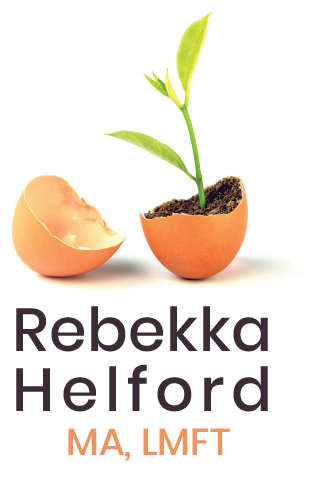What is Mental Health?
About two years ago, I had the profound pleasure of seeing early childhood mental health juggernaut Alicia Lieberman give a brief talk. In it, she offered some juicy takeaways about young children, their caregivers, and the nature of being human. The following paradigm has resonated with me ever since, and I offer it to you here in service of your own contemplation and development.
What is mental health?
It's funny that we even have to ask this question, especially since there's an entire field full of "mental health professionals" (to wit, I am one), but no widely agreed upon definition of what we're actually trying to achieve (i.e., mental health). Here's Alicia Lieberman's definition:
There are three pillars of mental health.
The inner capacity for emotion regulation and the ability to recover from dysregulation.
The capacity to form secure relationships and repair ruptures.
The capacity to use affect regulation (#1) and secure relationships (#2) to explore the world, learn, and cope with inevitable failure, disappointment, pain, and frustration.
This model acknowledges the inherent existence of stresses, which are inevitable, inextricable, and indeed necessary components of human development.
To take Dr. Lieberman's model one step further, I would add one key nuance. Today's schools are becoming more and more aware of the importance of developing students' social-emotional skills, but what do we mean when we say this?
I contend that when we are talking about purely social skills, we are talking about Dr. Lieberman's pillar #2 - the capacity to form robust, resilient relationships. When we are talking about purely emotional skills, we are talking about Dr. Lieberman's pillar #1 - the capacity to regulate our inner world, ride the wave of discomfort, and return to optimal functioning once more. The sweet spot of combining these two human skillsets (Dr. Lieberman's pillar #3) results in the magic of social-emotional skills: the superpower of using both self and other to navigate a world full of challenges and inherent frustration with both sensitivity and confidence.
If more of our students--heck, if more people in general--could work toward achieving this level of mental well-being, our world would be in a much better place. This is why I'm a mental health warrior. It's not about helping people get all touchy-feely so they can all be happier little consumers. It's about being strong enough in ourselves and in relationship to others to be able to go out there and do the heavy lifting that our broken world needs.
Who's with me? Let's get healthy, folks.
Rebekka Helford is a licensed marriage and family therapist in private practice in Los Angeles, California. With over a decade of experience working with parents and young children, Rebekka specializes in short-term intensive parenting consultation, using a variety of tools including home, office, and school visits to help families navigate developmental hiccups and get back on track. Virtual visits now available!
Click here to schedule an appointment or contact Rebekka with a question – who knows, she might even answer it in her next post!


